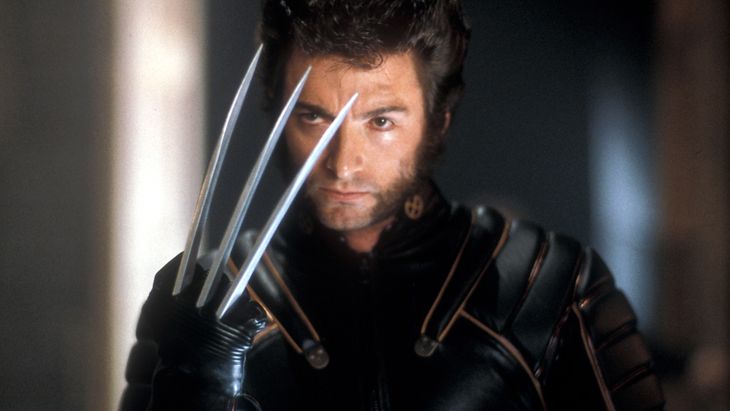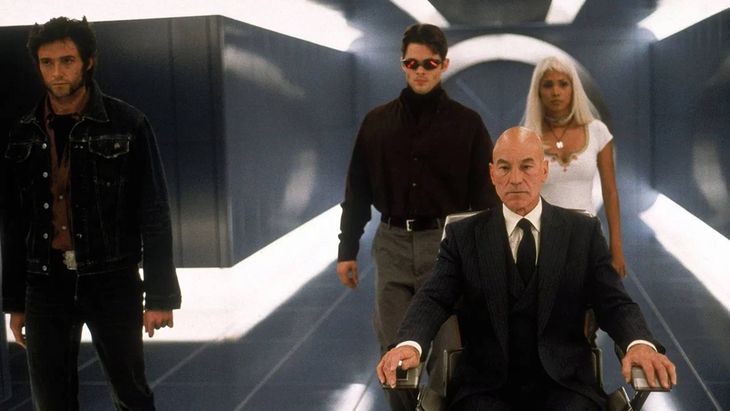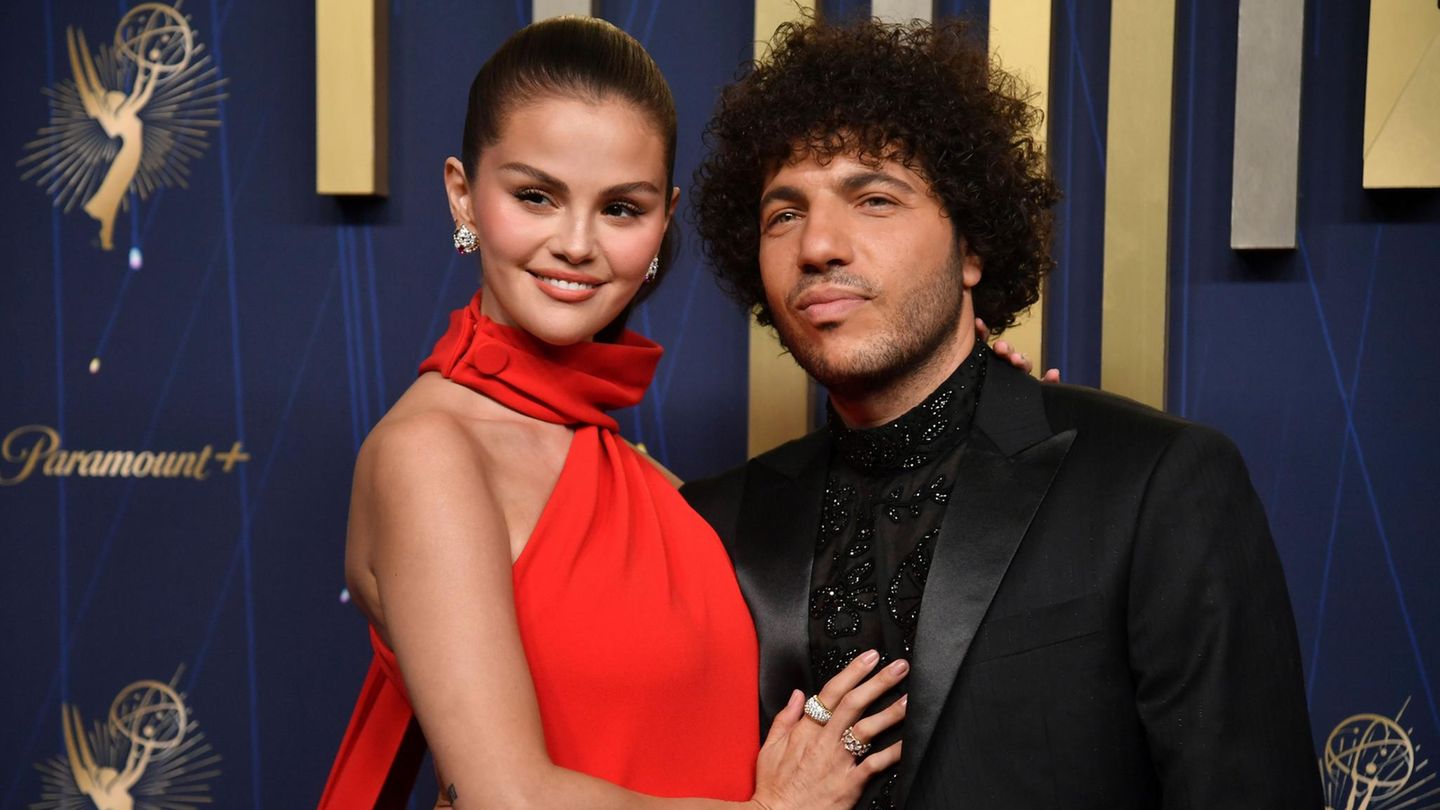On July 14, 2000, it had its premiere X-Mena film that not only defined a franchise, but was one of the fundamental pillars of an unprecedented cultural phenomenon in the film industry: superhero cinema.
The film based on the mutants of Marvelmarked a before and after in how the public and the industry perceived these types of characters on the big screen.
Before the year 2000, comic adaptations to cinema were rather unstable land. While there were specific successes such as films of Superman of Richard Donner and the first foray of Tim Burton in Batmanthere were also examples of what did not work, such as Batman & Robin or productions that failed to capture the essence of their printed counterparts. The mass public was not entirely convinced that superheroes could be more than child entertainment.
Blade’s success, the necessary prelude to the arrival of the X-Men
However, the change was in the air. The arrival of the new millennium brought with it a script turn for the genre. Very close in time, Blade (1998) had shown that a comic hero with a darker aesthetic and a R rating could be a box office.
In 2000, X-Men of Bryan Singer He broke with a more serious proposal, anchored in issues of prejudice, acceptance and the struggle for coexistence. This was not just a superhero movie; It was a drama with fantastic elements, with complex characters and moral dilemmas that resonated with the audience.
Almost simultaneously, in 2002, Spider-Man of Sam Raimi It would consolidate this new era even more, demonstrating that iconic heroes could be portrayed with fidelity and an emotional heart.
These three films, each in their own way, were the key pieces that ignited the flame, paving the way for the phenomenon of superheroes to explode in the following two decades, culminating in what we know today as the Marvel Cinematographic Universe (UCM).
X Men 2000.jpg
The cast of X-Men, one of the keys to the film
One of the pillars of X-Men’s success was his cast, a constellation of actors that, in retrospect, seemed born to play their characters. Patrick Stewart as Professor Charles Xavier and Ian McKellen As Magneto offered a philosophical dichotomy and a screen chemistry that raised the film beyond a simple special effect show. Its complex friendship and rivalry, based on different paths towards the same mutant protection goal, provided the emotional anchor of history.
Famke Janssen He took over Jean Gray with a mixture of vulnerability and latent power. Halle Berry He contributed grace and storm authority, while James Marsden He embodied the nobility and stoicism of Cyclops. Rebecca Romijn It became mystique enigmatic, and Anna Paquin He transmitted the anguish and isolation of Rogue.
The choice of cast was not only successful in terms of talent, but each actor managed to capture the essence of their comic counterparts, allowing the public to identify and invest emotionally in their trips.
Hugh Jackman, the final wolverine
But if there is a name that became synonymous with the franchise, that is Hugh Jackman and his iconic interpretation of Wolverine. Before X-Men, Jackman was a relatively unknown actor outside his native Australia. However, his audition and his subsequent delivery to the role of James “Logan” Howlett were legendary.
Unlike the character in the comics, Jackman had an imposing height but it was the intensity contributed by the actor for the mutant with Adamantium claws that made people forget that detail. He also contributed An unexpected emotional depthhis Wolverine was rude and wild, yes, but he also carried the weight of a tragic past and a tireless search for identity.
Jackman’s chemistry with the rest of the cast, especially with Rogue and Jean Gray, added layers to his character. His commitment to paper over almost two decades, which would culminate in the acclaimed Logan (2017), made it the definitive face of Wolverine, an achievement that few actors can boast in the vast universe of superhero cinema. It is difficult to imagine another actor in the role he has achieved Such level of identification with the character by fans.
Wolverine x Men 2000.jpg

The legacy of X-Men and its arrival at the UCM
X-Men’s legacy is undeniable. Although the 20th Century Fox franchise followed its own path with sequelae, prequels and spin-offs, Fox’s acquisition by Disney opened the door to a new and exciting new chapter. For years, fans dreamed of the day the mutants finally joined the Marvel cinematographic universe. That dream, which looked like a chimera for a long time due to intellectual property rights, is already a reality with the appearance of several characters in Marvel films (including Jackman’s return with an alternative version of Wolverine) and a preponderant role in the expected tape Avengers: Doomsday of 2026.
The vision of seeing the X-Men interacting with the Avengers or facing cosmic threats is an exciting perspective that closes the circle of a 25-year trip. The seed planted by the 2000 film not only germinated in a successful saga, but now promises to bloom in an even larger and connected universe, ensuring that the history of the mutants continues to resonate with new generations of fans.
Source: Ambito
I am an author and journalist who has worked in the entertainment industry for over a decade. I currently work as a news editor at a major news website, and my focus is on covering the latest trends in entertainment. I also write occasional pieces for other outlets, and have authored two books about the entertainment industry.




